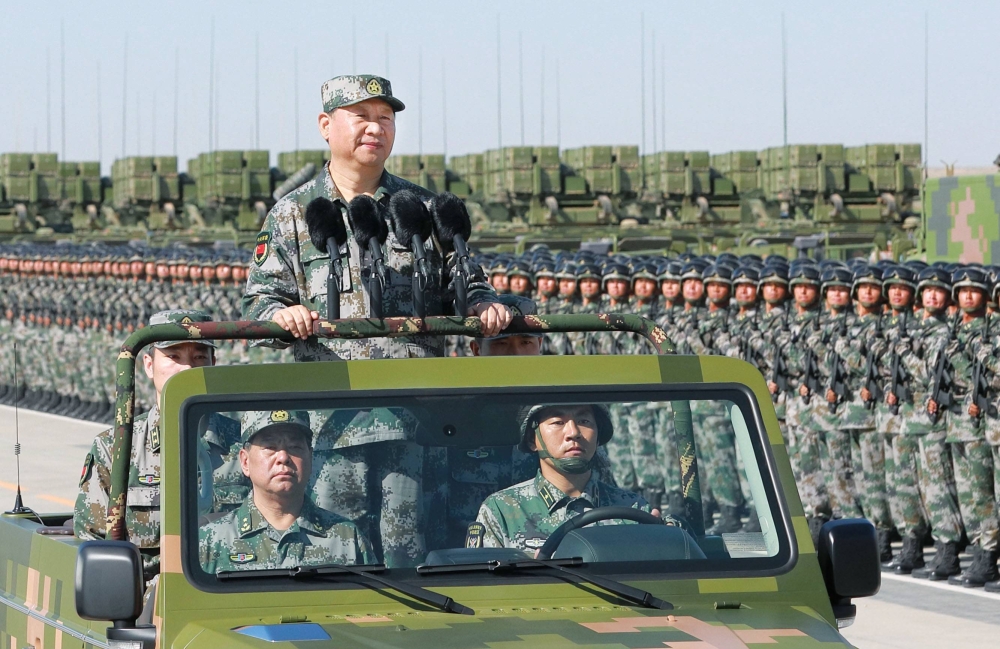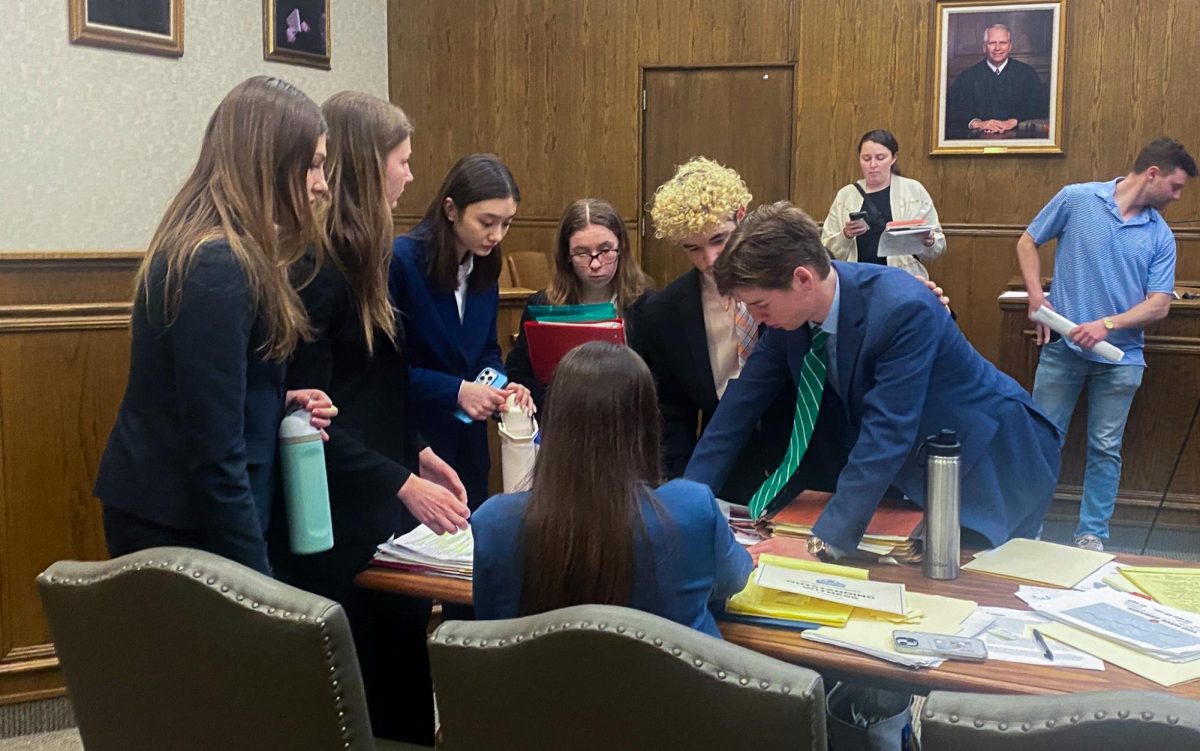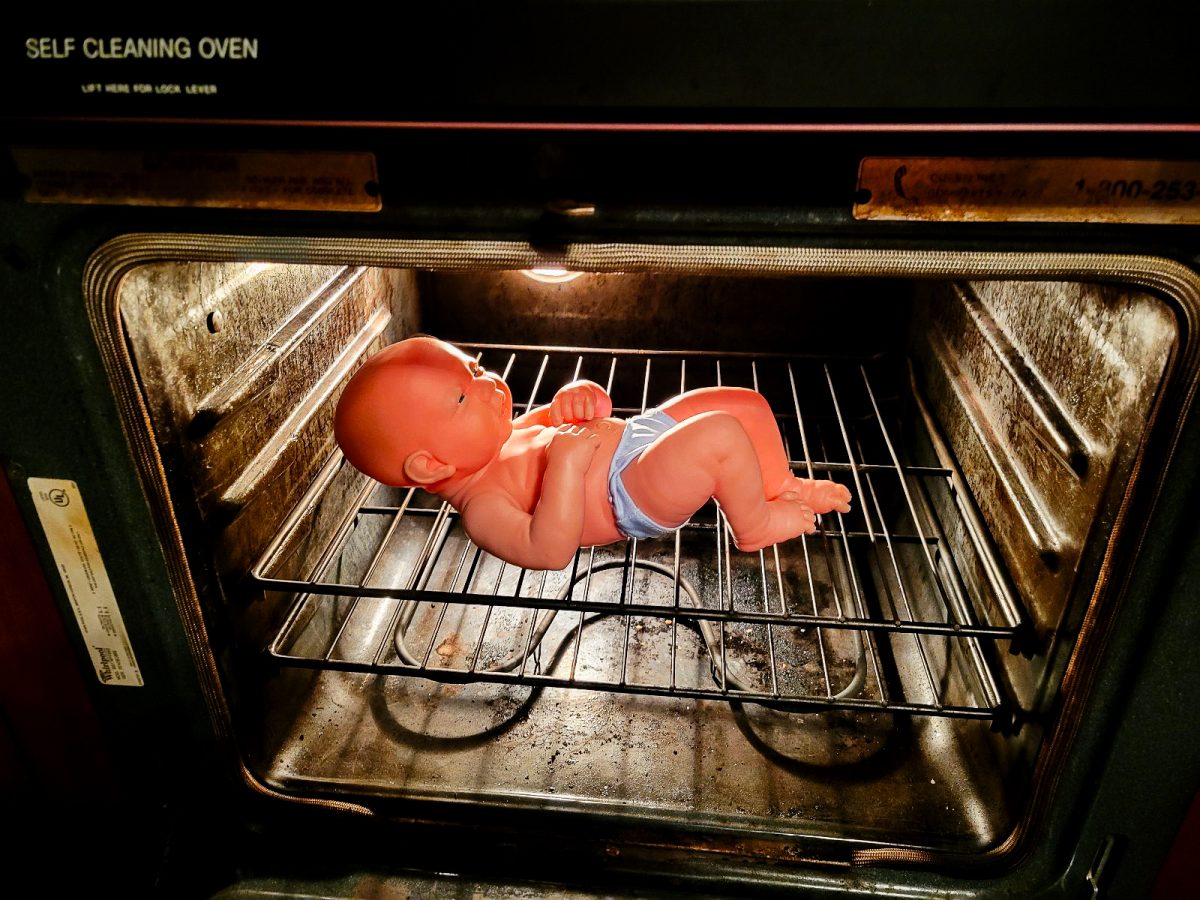In November of 2022, thousands of Chinese citizens gathered in the streets of their cities in an act of protest against the oppressiveness of the Chinese Communist Party and the censorship the corrupt government enforced on media outlets. The protestors in question gathered in the streets of various cities throughout China and held up pieces of white paper to represent the media censorship imposed by the communist regime.
In addition to the in person protests, the country’s digital space was also bombarded with visual evidence of the protests and the discontentment of the Chinese people with their current government. From videos of the protests themselves, to recordings of Chinese citizens mockingly reciting their national anthem, it’s clear that the Chinese citizens feel like they have no voice in the current governmental structure of their country.
Over the past couple decades, China has slowly shifted from a communist republic to a single-party dictatorship. The CCP, or Chinese Communist Party, has had a firm hold on all of China’s important political positions ever since its rise to power seventy-four years ago. The party has maintained its power through the suppression of political opposition and military power in the form of the party’s independent military force, the People’s Liberation Army or the PLA.
The People’s Liberation Army first began in 1927 as a group of 5,000 soldiers assembled to remove the Chinese Nationalists from power during the Nanchang Uprising, and has since become China’s largest military power. Since its founding, the army has only continued to expand, growing from 200,000 during the time of the Chinese Civil War to a whopping 2,185,000 active members today, making it the largest active military force in the world. The sheer size of the PLA acts as a major deterrent for any Chinese citizens with viewpoints that oppose those of the Chinese Communist Party to openly express their opinions and allows the CCP to maintain full control over the political climate of the country.
For the last fifteen years, Xi Jinping, the head of China’s communist party, has held the position of the president of China. His authority as the head of China’s main party has definitely helped fortify his standing in the eyes of the deputies who participate in the direct election process, as he maintains full control over the PLA, China’s main military force. The Chinese citizens themselves can only participate in elections as far as electing the deputies who elect the officials, meaning they have no direct control as to who actually gets elected as president. This non-direct method of electing officials puts the election process at high risk for interference from the CCP, as the deputies who directly vote for the president can easily be bribed and blackmailed into voting for upper officials in the Chinese Communist Party.
Moreover, whenever celebrities with political influence or high up members of the CCP begin to become threats to the goals of the CCP, they have a tendency to disappear from the public gaze. For instance, when Jack Ma, a well-renowned Chinese billionaire and businessman spoke out against China’s strict financial regulators in a speech he gave, he mysteriously disappeared for over three months. Mere days after his speech, Ma was summoned to meet with government authorities and then proceeded to cancel his upcoming IPO before vanishing from all social media outlets. He eventually returned to the public gaze three months later, but has remained silent on the issue of the CCP’s financial regulators ever since.
Celebrities are not the only people who have been silenced for having opinions contrary to those of the CCP, however; the Uyghurs of China’s Xinjiang district have also been severely oppressed by Chinese government authorities for their Islamic beliefs. In 2014, the Chinese government implemented reeducation camps in the Xinjiang District for the purpose of preventing the spread of separatist ideas. The CCP’s ideals are largely based in atheistic religious ideology, so in order to suppress the opposition of such ideals, they throw everything in their arsenal at religious groups who they believe pose a threat to the authority of their regime.
Over the years several reports about the less than ideal conditions within the camps have come to light. Many of the victims of such camps have reported being subjected to dehumanizing treatment, being forced to denounce their religious ideals, and experiencing sexual abuse from the guards. Although Chinese officials claim that the reeducation camps were shut down in 2019, satellite footage of the area tells a different story as many of the camps that were supposed shut down five years ago appear to be up and running, and many more camps appear to have been constructed since.
Furthermore, over the course of the CCP’s reign in China, they have put restrictions on various media outlets in order to suppress the spread of anti-Communist propaganda within China. Even today, the main three media outlets in China: China Media Group, The People’s Daily, and The Xinhua News Agency are all strictly regulated by CCP officials. This suppression of free media allows the CCP to use the media to promote their party’s political agenda, while also preventing Chinese citizens from being exposed to opposing ideas. However, over time Chinese citizens have begun to realize that the government was using the media restrictions to suppress dissent, hence the recent white paper protests.
Although we as a community have little influence over the repressive political landscape in China, we can still lend our support to those struggling under the CCP’s domineering regime. By extending our prayers and sympathies to the victims of the repression and oppression imposed by the Chinese government, we can let them know they are not alone in their struggle. Ultimately, China’s turbulent political affairs are in the hands of God, and the best way we have to make a change is to pray for His will to be done.









